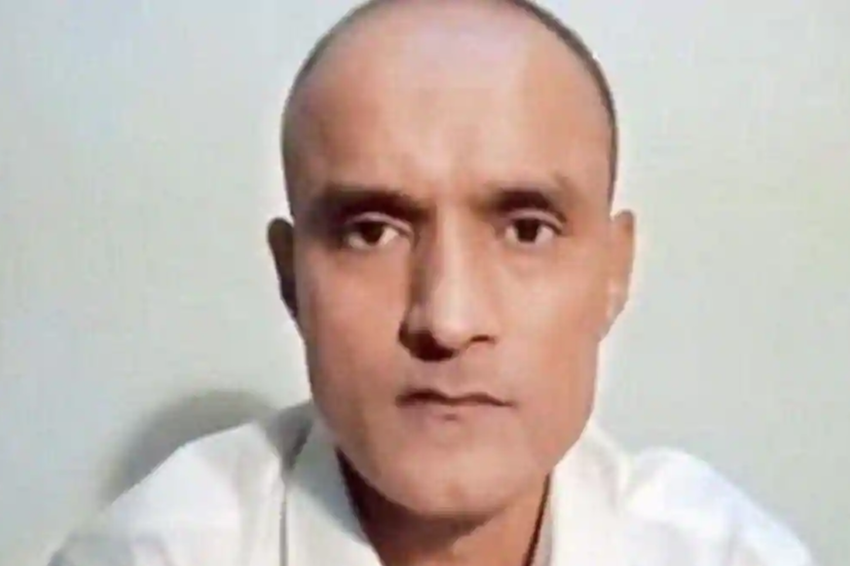Kulbhushan Jadhav case: Pakistan says India using International Court of Justice for ‘political theatre’
 Kulbhushan Jadhav.
Kulbhushan Jadhav.
New Delhi: Pakistan, while arguing its case against Kulbhushan Jadhav, on Tuesday, accused India of using the International Court of Justice for “political theatre” to save Jadhav from execution. It urged the judges to dismiss India’s case.
The top United Nations court’s public hearing in Jadhav’s case was presented by India first, on Monday. Pakistan presented its arguments, on Wednesday.
The attorney general of Pakistan, Anwar Mansoor Khan, claimed that Jadhav was an Indian spy sent to Balochistan to destabilize the country and said, “His unlawful activities were directed at creating anarchy in Pakistan and particularly targeted the China-Pakistan Economic Corridor. Rather they were committed at the behest of the Indian state and the government.”
Another Pakistani lawyer Khawar Qureshi said, “India's proceedings are purely for political theatre ... and they should be dismissed.” He also said India “failed to answer fundamental questions” regarding subversive activities of its serving Navy commander inside Pakistan.
Calling Jadhav an “instrument of India’s official policy of terror” the Qureshi said the former Indian Navy commander was carrying out subversive activities in Pakistan under the “guiding hand of India’s national security advisor Ajit Doval”. It pointed out the public statements made by Ajit Doval on Balochistan.
The Pakistani counsel also cited articles published in Indian media to bolster its claim that Jadhav was indeed a spy who was carrying out terror activities inside Pakistan. He quoted an article written by Karan Thapar in Indian Express in 2017, where, Thapar allegedly questioned the stand of Indian government on Jadhav and asked why he had two passports, including one with a Muslim cover name.
Pakistan also quoted another article written by Praveen Swami in Frontline magazine in January 2018, in which Swami allegedly claimed that Jadhav was indeed on an espionage mission in Pakistan, which was based on a plan by Doval.
Qureshi also referred to an article by Chandan Nandy article the Quint website in which Nandy allegedly claimed that information from RAW agents showed Jadhav was a planted spy. Qureshi said, “It has taken a journalist to raise the question of the passport issue (of Jadhav).” Quint later took down the story saying “they were verifying some facts”.
India has asked the ICJ to order his release because he was denied access to consular help.
On India’s request to release Jadhav, Qureshi also revealed that India and Pakistan entered into a clear, worded agreement on consular access (operative since 1982 and amended in 2008), which states the basis to consider the option of consular access in cases of espionage.
He said permitting consular access would be in blatant violation of the fundamental precepts of international law, as acts of espionage violated the Article 5(a) of Vienna Convention.
He requested an appropriate remedy would be filing a review before Pakistan's high court even if a right to consular access was denied.
In March 2016, Kulbhushan Jadhav was kidnapped in Iran, where he was in a business trip, and brought to Pakistan where he was charged with spying and terrorism. A military court in Pakistan had sentenced Jadhav to death, in April 2017, for “spying and carrying out terror activities” inside the country.
India’s side is represented by senior lawyer and former solicitor general Harish Salve. Salve already presented his case, on Monday. Now, both India and Pakistan will make the round of oral arguments on Wednesday and Thursday respectively and the four-day trial will end with Pakistan’s closing arguments, on Thursday.




Leave Your Response